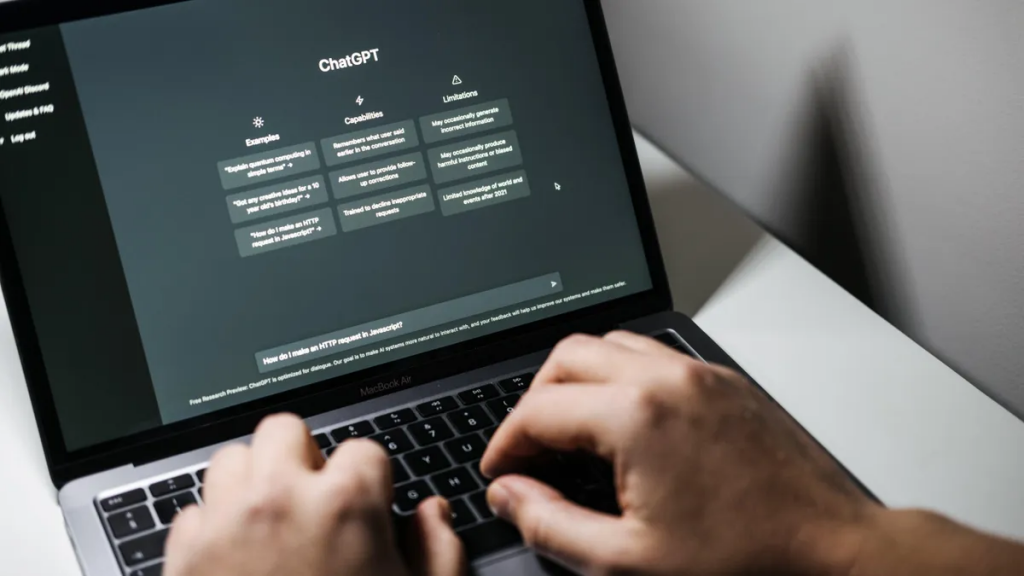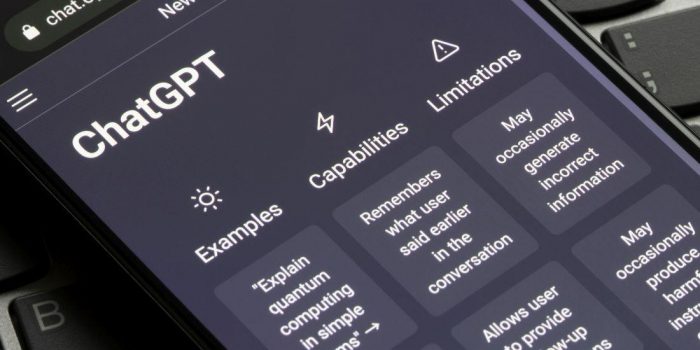OpenAI, the developer behind the popular AI tool ChatGPT, might face a significant setback, potentially leading to a complete reset of its chatbot due to a looming legal challenge. A recent report by NPR suggests that OpenAI could be compelled to entirely erase its generative AI tool as part of a potential lawsuit.
The popularity of ChatGPT has grown significantly over the past few months, capturing attention for its diverse applications as users experiment with the capabilities of this generative AI tool. However, the journey to success for this language model could be at the cost of a significant legal battle.
The crux of the issue lies in the training process of language models such as GPT-3.5 and GPT-4, which power ChatGPT’s generative AI. OpenAI sources data from third-party platforms and even employs a web-scraping bot to extract information from websites to enhance its GPT models. The concern arises from OpenAI’s utilization of freely available and non-copyrighted content and copyrighted material without obtaining proper permissions.

According to a report by Ashley Belanger from Ars Technica, the New York Times is considering suing OpenAI. This development follows the New York Times updating its terms of service to prohibit AI-driven scraping of its articles and images for language model training. While the exact implications of such a lawsuit are unclear, experts speculate that it could entail OpenAI being liable to pay fines of up to $150,000 for each instance of copyrighted content infringement.
Furthermore, the legal action could force OpenAI into a drastic step – wiping out the existing ChatGPT and restarting the entire process of training its language model. Such an outcome would nullify the considerable progress and efforts OpenAI has invested in developing the model thus far. This situation isn’t the first time OpenAI has encountered legal challenges. Previously, notable authors, including Sarah Silverman, have collectively pursued lawsuits against OpenAI, citing similar concerns about protecting their copyrighted materials.

The potential lawsuit underscores the complexity of the matter. A legal battle with the New York Times could set a precedent, prompting other companies and websites to take similar actions to safeguard their intellectual property.
Alternatively, as noted by NPR, OpenAI and the New York Times could potentially reach a licensing agreement, allowing OpenAI to gain authorized access to the Times’ content for training its GPT model.
The outcome of whether the New York Times will proceed with the lawsuit or if OpenAI will need to reset ChatGPT remains uncertain. However, this situation reignites the ongoing debate surrounding language models, highlighting their extensive reliance on existing content created by others. This aspect continues to draw criticism from various quarters, reflecting the broader concerns many hold regarding the ethical and legal implications of AI model training.


